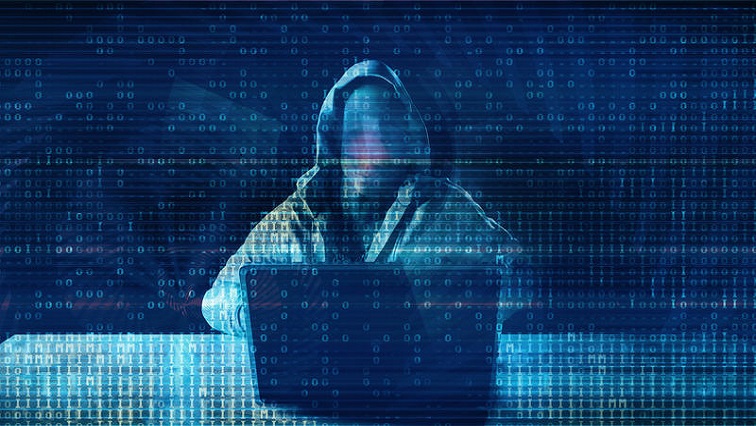The United Nations Security Council has heard that technological advances have created significant new risks that can affect conflict dynamics for the worse.
This is according to the Under Secretary-General for Political and Peacebuilding Affairs, Rosemary DiCarlo, who affirmed the benefits of digital technologies for maintaining international peace and security.
But she also raised a number of concerns, including the growing malicious use of digital technology for political or military ends by State and non-State actors, which is estimated to have nearly quadrupled since 2015.
The meeting was billed as an opportunity to improve the Council’s understanding of how digital technologies are shaping conflicts and how the UN must adapt its effort accordingly.
The Council heard how digital tech has profoundly transformed every facet of our societies, from sustainable development to education and inclusion, including by transforming human rights and humanitarian advocacy or enhancing the safety and security of UN peacekeepers and civilian staff on the ground. But the downsides are becoming an area of even greater concern.
As the malicious use of digital technologies expands globally, DiCarlo warns, “Non-state actors are becoming increasingly adept at using low-cost and widely available digital technologies to pursue their agendas. Groups such as ISIL and Al-Qaida remain active on social media, using platforms and messaging applications to share information and communicate with followers for the purposes of recruitment, planning and fundraising. The increasing availability of digital payment methods such as cryptocurrencies brings additional challenges. Digital technologies have raised major human rights concerns, from the use of artificial intelligence systems that may be discriminatory to the widespread availability of surveillance technologies that can be deployed to target communities or individuals.”
Council also heard how the increased use of internet shutdowns including in situations of active conflict, deprive communities of their means of communication, work and political participation among others – while the negative aspects of social media are also a key focal point.
“Social media can fuel polarization and, at times, violence. The misuse of social media – and the sometimes limited or not fully adequate response of social media companies – is enabling the spread of disinformation, radicalization to violence, racism, and misogyny. This can heighten tensions, and in some instances exacerbate conflict. In Ethiopia, as the fighting escalated, there was an alarming rise in social media posts spreading inflammatory rhetoric, with some going as far as inciting ethnic violence, as recognized by the Security Council in its press statement of 5 November 2021. We have seen how online disinformation and hate speech can result in offline harm – including violence,” explains DiCarlo.
With warnings here that our collective appetite for digitalization is outpacing our awareness of its implications.
Director at ADVOX – a global anti-censorship network of bloggers and online activists, Nanjala Nyabola says, “Our research finds that the threats emerging from digitalisation are multilateral – that is rarely remaining contained within a single country; transnational because they routinely involve the transfer of technology across national borders; and generational because we are mortgaging the possibility of a free Internet for future generations on the perceived security of the present moment. These realities require a commensurate response. It’s not enough to just single out individual countries. What we need to do is identify cultures of digital authoritarianism before they take root and travel around the world.”
Leaving the council to consider three principles, that digital rights are human rights, that the power of the internet be treated as a public good and for the greater good and that actions the Council chooses to take must seek to protect the aspirations of future generations.
“The UN must use its norm-setting power to foster agreement on the human rights standards that would make a free, safe and just digital future possible not just for this, but for future generations. At this moment, we are collectively on a trajectory toward an unjust digital future, but a different and more just path is possible. And this council has an opportunity to move us closer towards that better future,” says Nyabola.
The Security Council urged to ensure that human rights are embedded retroactively and proactively in the digital technologies of today and the future.


